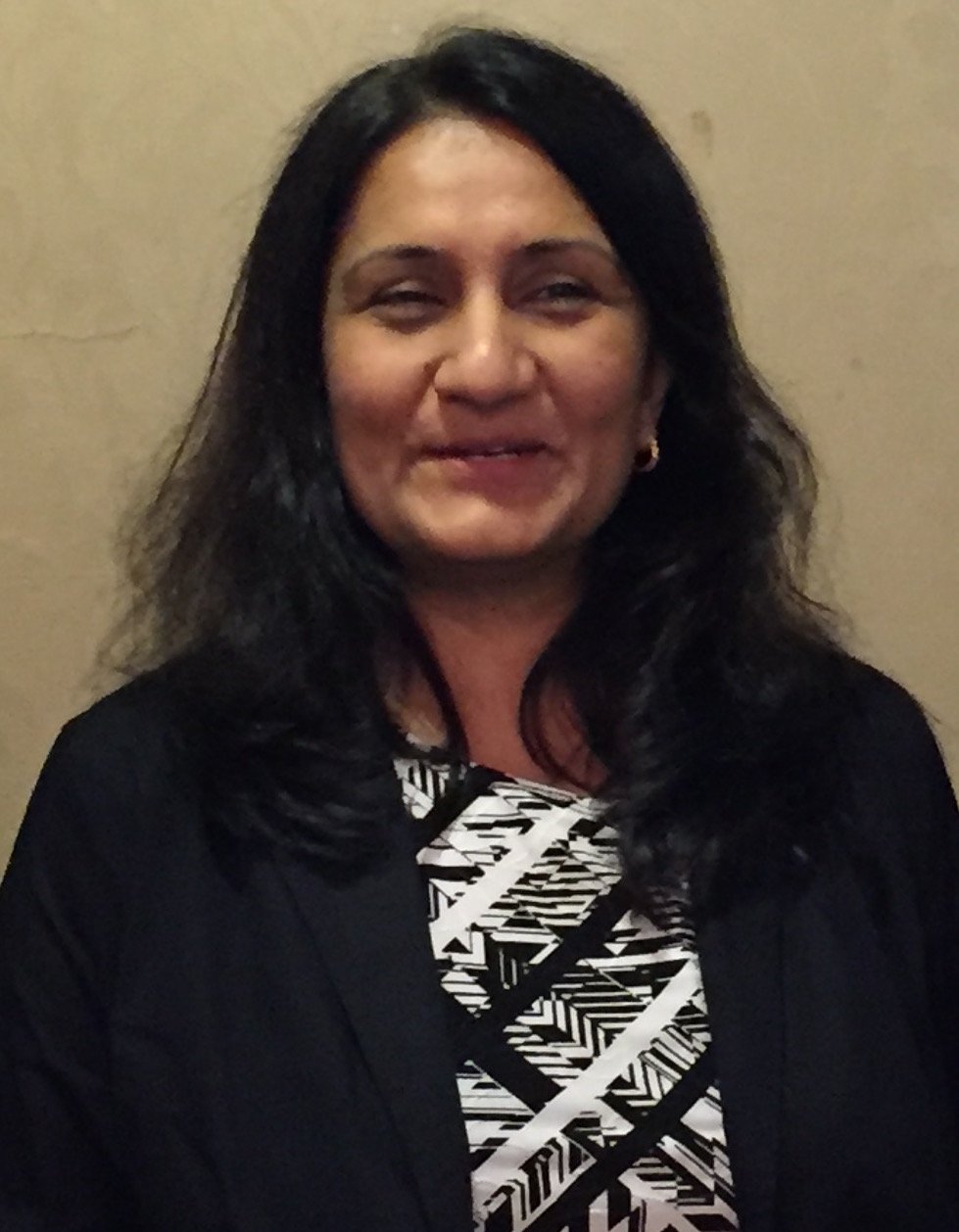Inside BENEO’s new pulse plant: pioneering sustainable protein from faba beans
Mérieux NutriSciences is dedicated to protecting consumers’ health throughout the world, by delivering a wide range of testing and consulting services to the food & nutrition, agrochemicals, pharma and cosmetics industries. Today the group has a global presence in 21 countries with over 100 laboratories throughout North & South America, Europe, Africa and Asia-Pacific. Its employee strength is over 6500 and we achieved an annual revenue of over $ 500 million. Mérieux NutriSciences is established in India in 2009 through a joint venture with MicroChem Silliker; followed by a full acquisition in 2015. The company offers a pan India coverage as it has three laboratories located in Navi Mumbai, New Delhi and Bangalore. Indeed, MicroChem Silliker acquired Bangalore Testing Laboratories Pvt. Ltd. on 31 May, 2017, reinforcing by this way its footprint in India. NuFFooDS Spectrum met up with Vidhya Gangar, Managing Director, Mérieux NutriSciences India during her visit to Bangalore and she shared her views on food safety awareness in the country and growth plans for the company. Excerpts of the interview-
Q. Of the many industry segments, in which segments are you expecting a strong growth?
A. Increased investments for food safety by the government coupled with implementation of new food safety standards in India are driving the growth for food safety testing market. Global corporations view India as one of the key markets from where future growth is likely to emerge. The growth in India’s consumer market would be primarily driven by a favorable population composition and increasing disposable incomes. Prepared food and beverages are also significantly rising. Functional foods are gaining popularity too as people are more health conscious. We expect strong growth in food and beverage testing along with nutraceuticals/ functional foods.
Q. Where do you wish to focus your strengths in order to increase your sales?
A. Our focus will continue to be in supporting the food industry in all segments. Indeed, besides analytical testing services we would continue to strengthen other services such as auditing, training, labeling, consultancy and many others so that we provide a “one stop” solution for our customers and remain their preferred partner.
Q. According to you what are the challenges before the company and industry?
A. In today’s world of prevention and increased attention on food safety by government, media, and consumers, there are many challenges that food laboratories and companies must navigate through including emerging pathogens, toxins, allergens, new technologies, and globalization. These complexities, among others, will require food laboratories to stay educated and up to date on scientific knowledge, current methods and technologies as well as policies and regulations. Currently, compliance to food safety regulations is driving the testing. However and in order to ensure a higher level of food safety in India it will be necessary to shift to a more proactive risk based approach.
Q. How do you see growth of the company?
A. India is the second most populated country behind China, thus, we expect to see a continuous and robust growth of food safety and testing needs as the food industry continues to mature. The emergence of a large middle class and the rise in average income coupled with an increased awareness and demands for safer food also clearly indicate that the testing business will continue to experience a steady growth in the coming years. In addition, with our geographic expansion in India we will continue to better serve our customers.
Q. FSSAI has announced that it will be spending Rs 482 crore to upgrade food testing laboratories in the country. Your views on this:
A. In the past, support has been provided to the state and central laboratories as part of the implementation of the FSSA Act 2011. It is important for the laboratories to be accredited by NABL to obtain reliable and reproducible data. The existing state and central food laboratories have to be strengthened in terms of manpower, infrastructure and equipment before new state laboratories are opened. To make such project a success, the team driving it must possess significant field experience and be aware of all complexities that can arise from setting up and running a laboratory. Laboratory accreditation is of great significance to the standardized management of laboratory. It is the formal recognition to a laboratory’s capability of performing prescribed testing and calibration, as well as a final embodiment of its technical proficiency and managerial strength.
Q. With awareness about the food safety and promotion on the same from FSSAI, companies are spending on labelling. How do you see this?
A. As with any mature market, it is vital that the final consumer is provided with adequate and relevant information thus enabling him to make an informed choice. The current regulatory labeling guidelines set up by the FSSAI in India are therefore a very important step in this direction and this move has been applauded not only by consumers but also by the food industry at large. Several important labeling requirements are now in place including declaration of ingredients, nutrition facts panel such as; origin, type and quantity of fats, veg/non-veg logo, permissible additives, integrity of product claims, complete traceability of manufacturer and consumer helpline numbers, to name but a few. While there would be a small cost associated in validating and declaring some of this information it goes a long way in promoting Indian foods as a genuine and credible source to not only satisfy domestic consumer needs but also to emerge as a strong and dominant force in the global market place.

